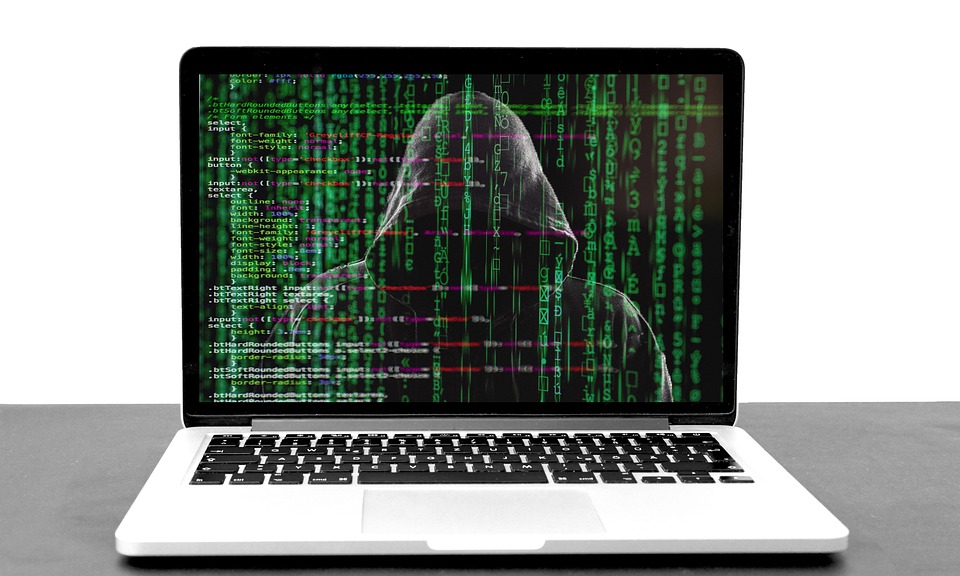Fraud is a serious and growing problem for small businesses that can cause irrevocable damage to the business’s financial health and reputation if left unchecked. From data breaches to rogue employees exploiting weaknesses in accounting systems, it’s essential that small business owners take proactive steps to guard their company against such threats. In this post, we will cover ways you can protect your small business from fraud and safeguard its finances.
Educate Your Employees
The first step in keeping your business safe from fraud is to educate your employees. Make sure they understand the basics of accounting, including double-entry bookkeeping, financial statements, and internal controls. You should also emphasize the importance of reporting any suspicious activity or potential fraud.
You should have a fraud policy that sets guidelines and procedures for detecting, preventing, and responding to any fraud or theft. If you have a larger staff, consider making fraud prevention training part of the onboarding process.
Strengthen Internal Controls
Businesses should establish and maintain sound internal controls to protect their assets from potential fraud or theft. This includes segregating duties among different employees whenever possible and requiring dual signatures on checks and other financial documents. You should also ensure that your company has appropriate access control measures in place, such as passwords, to protect sensitive information. You should also consider implementing a system for monitoring employee transactions and financial activity.
Conduct Regular Inspections
Usually, fraud is uncovered by accident or through an audit. It’s important to conduct regular inspections of your company’s financial records and systems to ensure all transactions are accurate and legitimate. You should also keep detailed records of all financial activity and review those records on a regular basis. Fraud protection companies like Diligence International Group offer services to help you detect, prevent, and investigate fraud. Ideally, you should have an internal audit committee or external auditor that can review your financial records and make sure they are up-to-date.
Monitor Credit Card Activity
If your business accepts credit cards, it’s essential that you monitor credit card activity closely to guard against fraudulent charges or purchases. Be sure to check with the customer if a purchase looks suspicious or out of the ordinary.
You can also take advantage of online tools to help monitor for unusual activity, such as notifications when a customer’s address or other information changes. The right tools can also help with fraud prevention by identifying potential fraudulent activity before it occurs. If your business uses online payments, be sure to use a secure and reputable payment platform.
And that's not it. You can also be harmed when applying for a credit. For example, the IRS has issued a notice warning employers of employee retention credit scams, where business owners are being told that they qualify for the ERC or qualify for a higher refund without verifying eligibility, documentation, or other information.
Implement Security Measures
In addition to monitoring for fraud, it’s important to take proactive steps to protect your small business from potential threats. This includes using strong passwords and changing them regularly, as well as implementing two-factor authentication on all accounts.
You should also review your cyber security settings on a regular basis to ensure they are up-to-date and secure. Utilize encryption technology whenever possible, both for data stored online and in physical locations. It’s also important to practice sound cyber hygiene by regularly backing up all data, deleting unused accounts and closing any unnecessary access points.
Consider Automation
Technology can be a powerful tool in the fight against fraud. By automating processes like accounts payable and receivable, businesses can reduce the risks of human error or mismanagement. You should also consider using anti-fraud software to detect any suspicious activity, such as unusual spending patterns or unauthorized access. This type of software can help you stay one step ahead of potential fraud and protect your business from financial losses.
Modern businesses face a multitude of risks and threats, including fraud. By taking proactive steps to protect your business from potential threats, you can help ensure its long-term success. Establishing and maintaining sound internal controls, conducting regular inspections, monitoring credit card activity, implementing security measures and utilizing automation are all valuable techniques that can help safeguard your small business from fraudsters.






